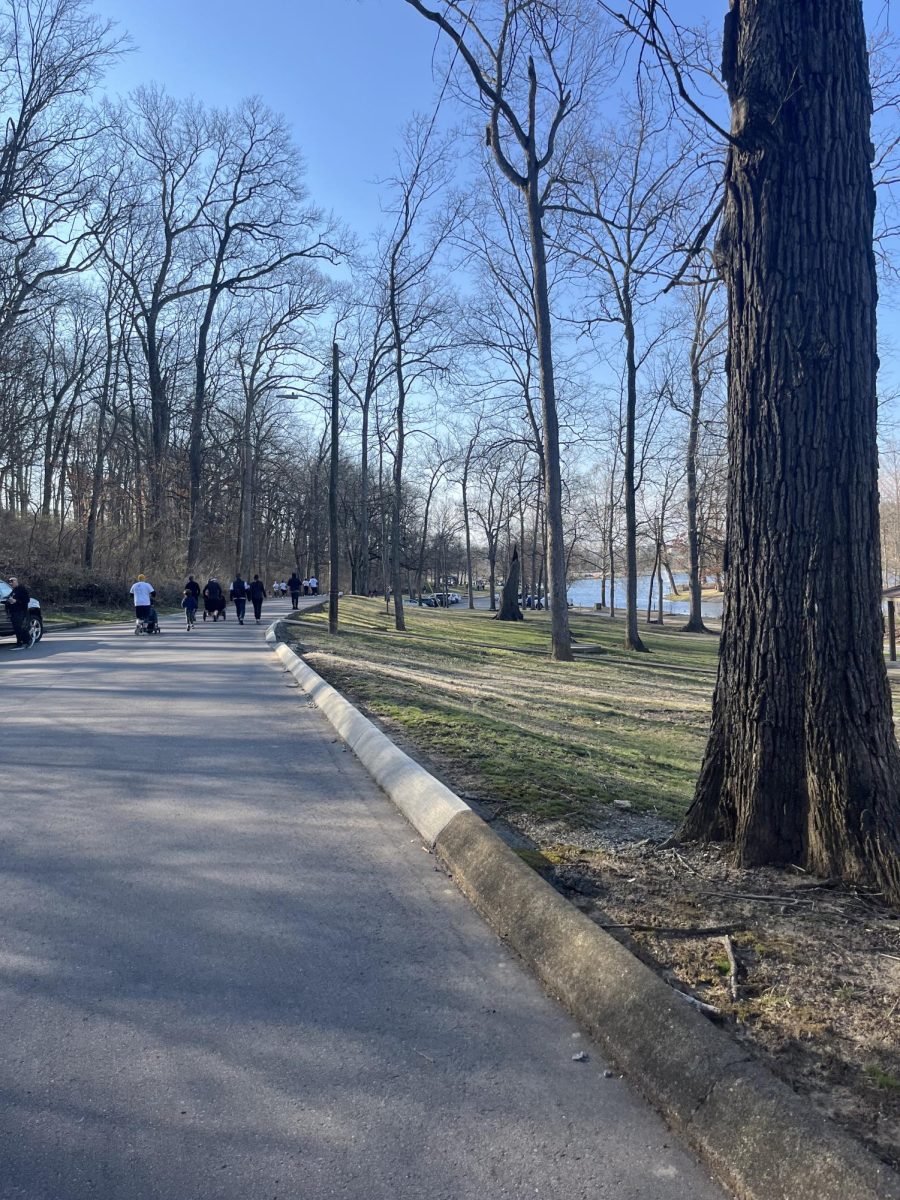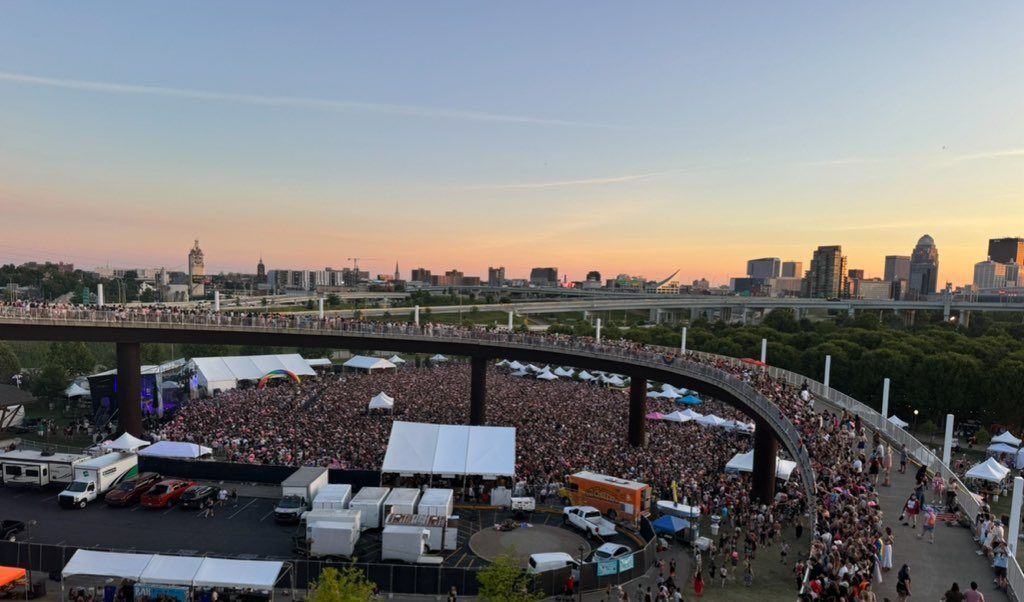Come up and turn up the music.
Music has always been a well-respected form of art that people love. Many would agree that music has a lot of benefits for our world.
Surprisingly enough, studies have shown that music has many health benefits. Known as one of the few ‘universal languages’, music has the power to bring people together. It’s also considered to be a creative outlet for some.
A unique thing that experts always note is the complexity of music. The basics of math can be found in music, as each song has a specific rhythm, pitch, and tempo for people to listen to. However, with these mathematical bases, thousands of people have been able to make musical masterpieces with their creativity. Many songs and different genres of music have been created over decades of development. It’s this complexity, as many experts say, that has many health benefits. Music has been scientifically proven to help reduce stress, relieve the symptoms of depression and pain, improve mood, and help recall a memory.
We are still trying to figure out the connection between the brain and music. A lot of people don’t know that music is a complex thing for the brain to process, due to its pitch, rhythm, tempo, and the relationship between certain notes. When we listen to music, the vibrations we hear tickle our eardrums, which are transmitted into an electrical signal that travels through the auditory nerve to the brain. This is how our brain understands what we hear. Some experts claim that this is what helps keep our brains young. Due to the complexity of music, different parts of our brain work, which can help improve mood, relieve the symptoms of pain and depression, and recall memories from the past. “If you want to keep the brain engaged throughout the aging process, listening to or playing music is a great tool. It provides a total brain workout,” said HopkinsMedicine.org.
Music is not just a benefit for our health. People often call music one of the few universal languages that can bring anyone together, regardless of race, gender, or culture. It can transcend languages and bring us together through the shared love of music. An example of this is the popularity of K-pop. In a 2020 survey conducted in 26 countries, around 46% of citizens responded that K-pop was a very popular genre in their country, according to Statista.com. However, what connects all people with music is the emotions expressed. People, as different as we may be, all feel the same thing in our lives. We feel happy when something good happens. Our hearts break over a relationship or unfortunate event. We also need someone to lift us and help us realize our true potential. Music has the power to express these emotions that everyone experiences in their lives. “Music impacts the world because of its expressiveness. It is a voice for the voiceless, a powerful platform to convey messages, emotions, and impactful melodies. Music is a beautiful thing that impacts the world in so many ways,” senior Trenton Wood said.
As impactful and beneficial as music is, some people regard it as a creative outlet. Some outlets related to music include playing an instrument, producing music, and singing in a choir or musical. Many people learn about their love of music by either growing up in a musical home, participating in musical activities, or having someone discover their talent. Marley Long, a senior at Bullitt East, has been involved with music her whole life. From the age of six to nine, she took voice lessons, played alto saxophone in middle school, and was in choir for all four years of high school. She relates her musical talent to her upbringing. Long grew up in a very musical household, with her parents always playing music from Van Halen, Red Hot Chili Peppers, and Adele. She continues to inverse herself with music. “I was raised through music, grew up with music, and now nearing adulthood, I continue to surround myself with musical people, places, and opportunities,” Long said.







